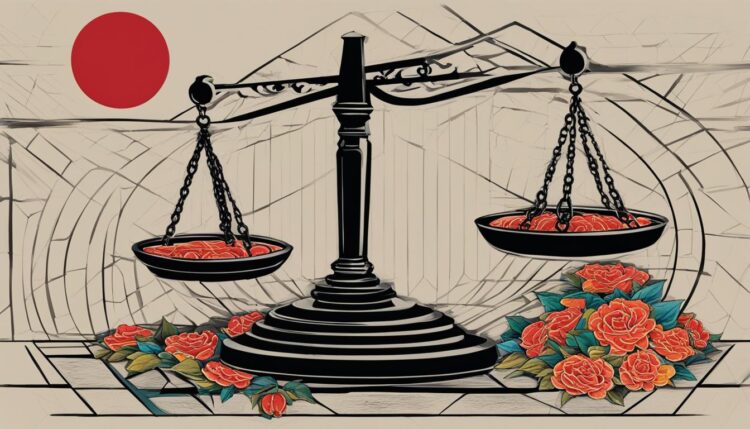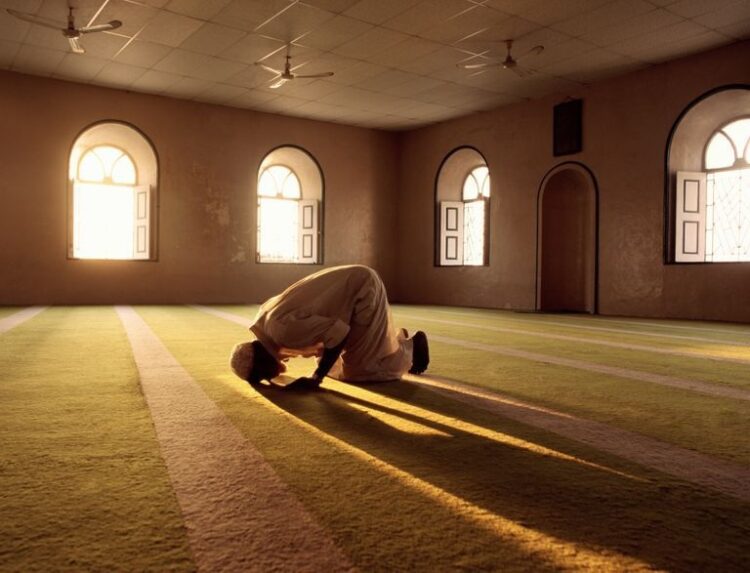According to the above narration, scholars conclude if one joins the prayer whilst the Imam is standing (Qiyaam) or bowing (Ruku’), then he has caught the Rakat. If he joins after the Ruku’, then he has missed the Rakat, and he must make up the Rakat by repeating it. One must make up that particular Rakah’, for example, if one misses the first Rakat then when he makes it up he must recite the additional surah.
Category: Fiqh
Introduction to Mukhtasar Al-Quduri
Mukhtasar Al-Quduri is a primer Fiqh text in the Hanafi school. Mukhtasar means abridged and Al-Quduri refers to the author. The author’s name is Abu Hasan Ahmad bin Muhammad bin Ahmed Al-Quduri. Al-Quduri is his nisba, there are three opinions on the origins of this name, either, 1) His occupation as a Pot Maker, 2) Area in Baghdad, 3) Area in Baghdad in which pots were made. He was born in 362 AH so a very early Hanafi scholar. Between him and Imam Muhammad ibn Hasan al-Shaybani there are four teachers. He was the head Faqih in Iraq at the time.
The Obligation to Follow One of the Four Schools of Thought
In Islamic jurisprudence, there is a significant obligation for followers to adhere to one of the four Sunni schools of thought. These schools, namely the Hanafi, Maliki, Shafi’i, and Hanbali, have played a vital role in shaping and interpreting Islamic law throughout history and continue to do so today. Adhering to a specific school of…Continue reading The Obligation to Follow One of the Four Schools of Thought
I‘tikāf The Seclusion in Ramadhan
The Prophet ﷺ spent every Ramadhan sitting I‘tikāf. It was a the final push in Ramadhan to draw ultimately close to Allah. I‘tikāf is a sunnah and it is defined as staying inside the mosque, with fasting and with the intention of i‘tikāf. It is not valid for men to perform I’tikaf in other than…Continue reading I‘tikāf The Seclusion in Ramadhan
Understanding Hadd Punishment in Islamic Law
In the realm of Islamic law, Hadd punishment holds a significant place. Hadd punishment, also known as “Hudud,” refers to the prescribed penalties for specific offenses in Sharia law. These penalties are considered divinely ordained and are meant to address serious crimes that threaten the well-being and harmony of society. Hadd punishment is an integral…Continue reading Understanding Hadd Punishment in Islamic Law
Definitive Guide to What Invalidates a Fast in Islam and the Consequences
A look into what invalidates a fast in Islam and the consequences. The shari’ definition of a fast is: to withhold from eating, drinking, and sexual intercourse during daylight hours, (beginning of fajr to maghrib) with an intention of fasting, performed by one capable and required to do so. This article will specifically look at…Continue reading Definitive Guide to What Invalidates a Fast in Islam and the Consequences
Those exempt from fasting
Whoever is ill in the month of Ramadan, and fears that, if he fasts will adversely affect him should not fast and he performs it as qaḍā’. No Expiation is due from him. A sick person who fears that the illness will worsen. This also includes a sick person who fears prolongation of his illness…Continue reading Those exempt from fasting
The Types of Fasts and their Intentions in Islam
Fasts according to the Hanafi’s can be broken down into the following categories: The mustahab fasts are all fasts the Prophet ﷺ kept, but did not establish them as a sunnah for everyone. If one keeps them with intention of sunnah, then he is rewarded like so إن شاء الله. Intentions for fasting General Intention…Continue reading The Types of Fasts and their Intentions in Islam
Preferred and Disapproved Colours for Clothing
There is no specific ruling with regard to impermissible colours in Islam. Imam Haskafi, the Hanafi jurist, in al-Durr al-Mukhtar states, “There is no objection in any colour of clothing.” There are however some opinions relating to preferable and disliked colours. White The Messenger of Allah ﷺ said “Wear white garments, for they are among…Continue reading Preferred and Disapproved Colours for Clothing
Classification of each action in Salah according to the Hanafi’s
All classifications must be followed for a perfected prayer, the distinction becomes relevant when determining the validity of the prayer. In terms of acceptance, that is for Allah عزَّوجل. The Classification The Classification of each action in detail when the Farḍ salah alone









